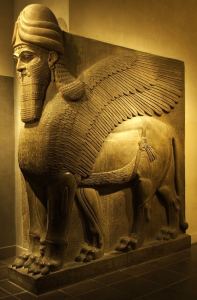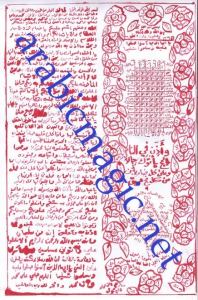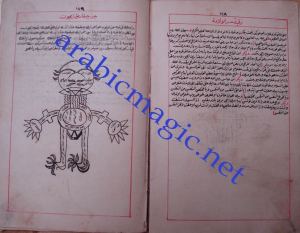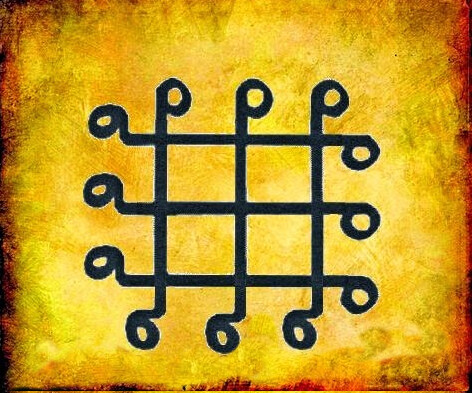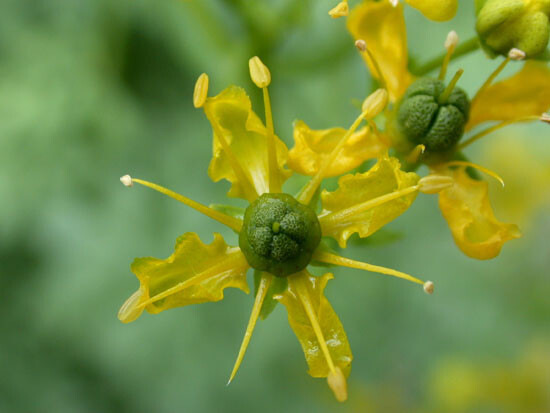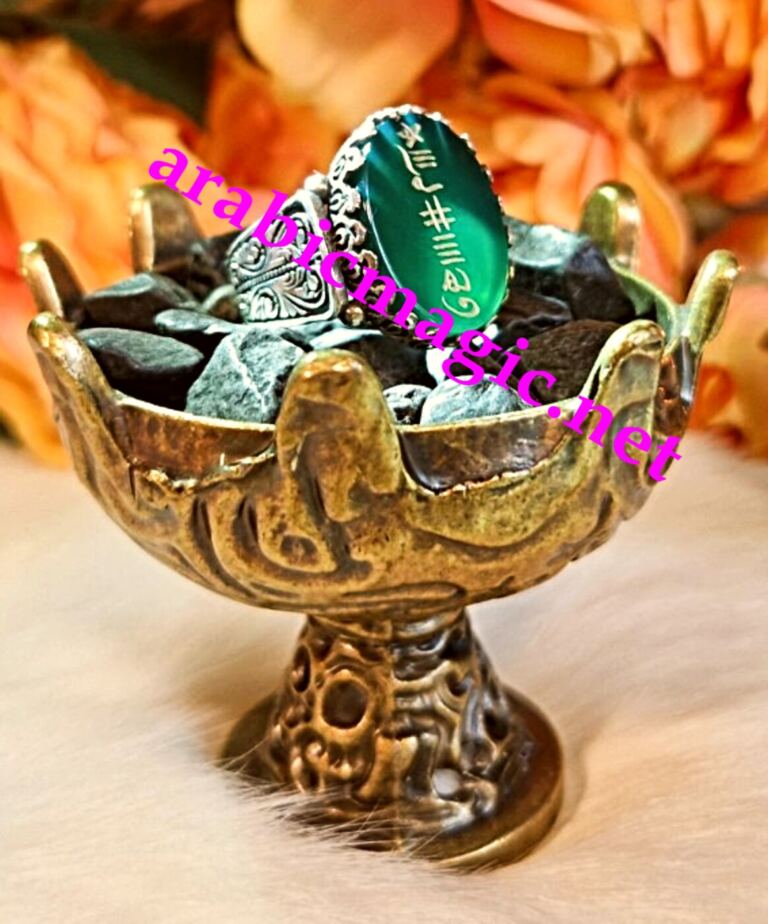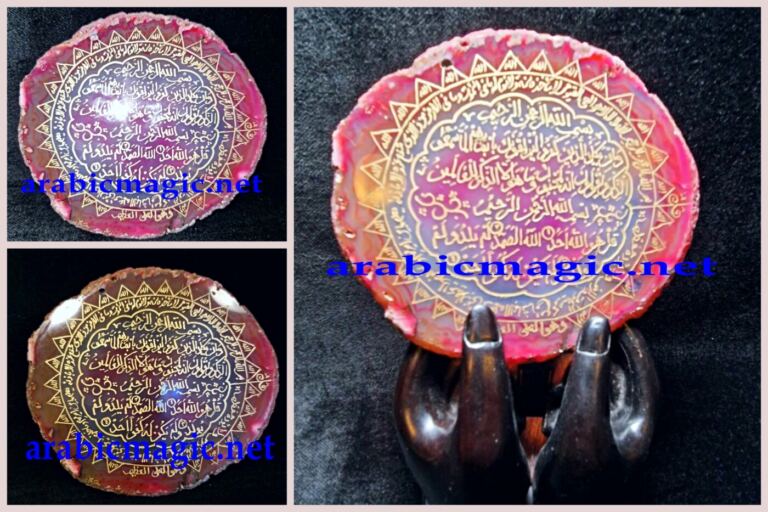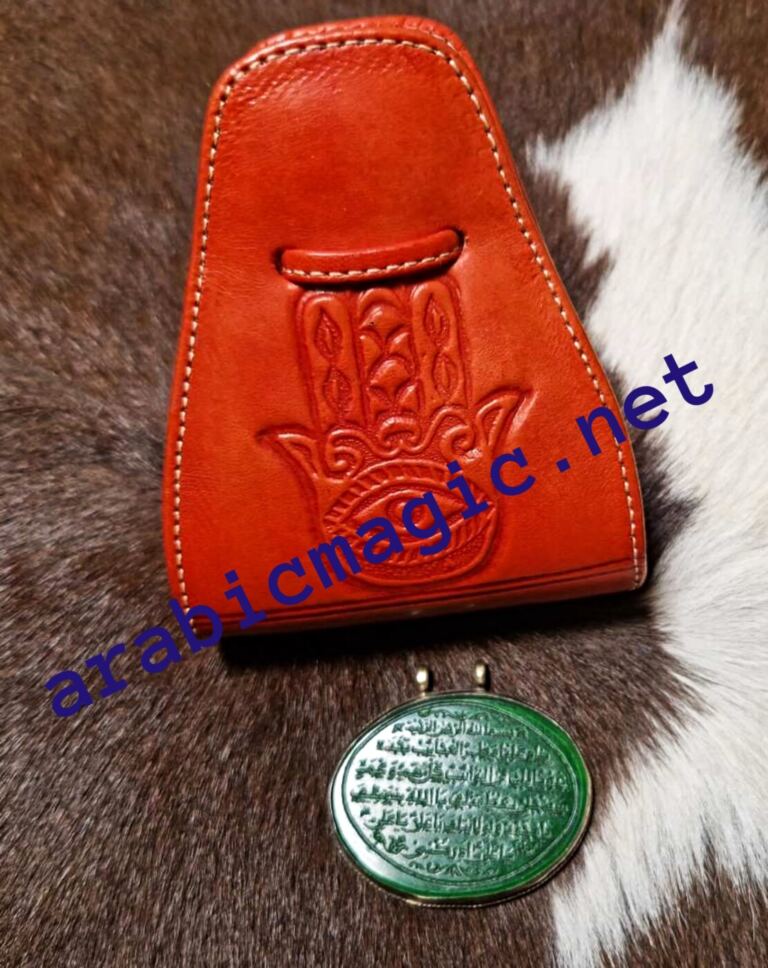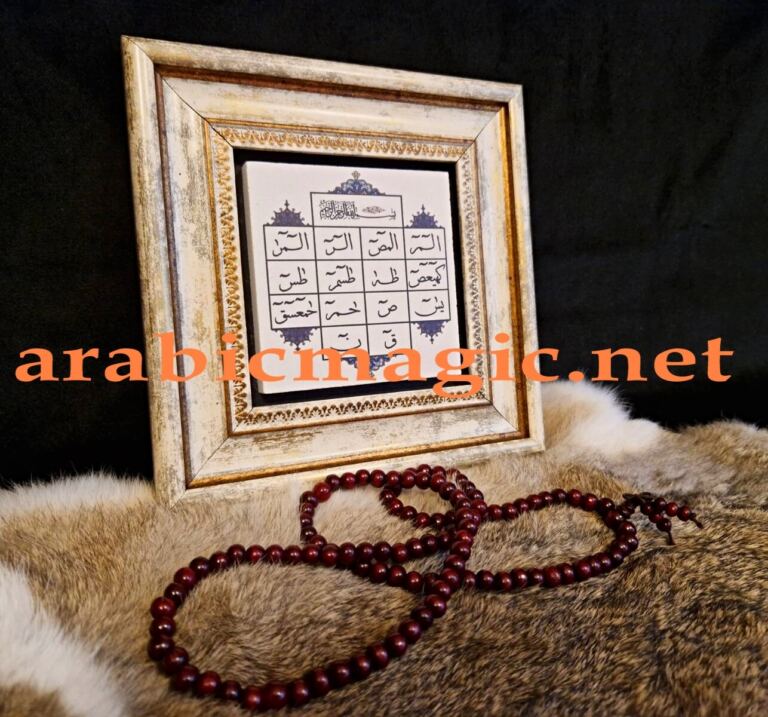Ancient Arabic Magic and Oriental Occultism
The Arabic magic is a mysterious occult science with a complex history. Coming from the exotic lands of the Orient and described in the tales of 1001 Nights, it remains shrouded in secrecy to present days. Although it is closely related to Islam and its mystical branches, its roots can be traced to the pagan beliefs of the ancient Mesopotamian civilizations. Subsequently developed and practiced by the Chaldeans, Sabean, and Nabataeans, who were called “stars worshipers” and were considered the wisest of their time. Pre-Islamic beliefs paid homage to many deities who were closely related to the seven celestial bodies. With the advent of Islam, some of these beliefs were lost or destroyed, and others were incorporated and absorbed by various early Islamic religious and spiritual cults. The great development of these occult teachings took place in the Middle Ages with the flourishing of Islamic culture, when remarkable and famous philosophers, scholars, and sages, including Al-Buni, Ibn Arabi, Al-Biruni, and Al-Ghazali, wrote and transcribed in Arabic numerous magical treatises and works with esoteric knowledge, astronomy, astrology, philosophy, and a number of other sciences for their students and the future generations. Some of them were translated into Latin, and a small part of these teachings passed into the Western occultism.
From the whole blend of magical beliefs, spiritual and religious-philosophical teaching later is formed a complex system of rites and magical practices which in the Middle Eastern world is called with the generic term Rouhaniya that means Spirituality, and this term is used to denominate the Arabic magic. Among the initiates, it is also called Simiya or Ilm al-Hikma “Knowledge of Wisdom”. Those who practice these teachings are called mukarribun or “seekers of Divine closeness.” In the occult Western traditions, this is also called divine magic or theurgy. It is perceived as positive, with the aim to help others and achieve enlightenment. On the other hand, there are dark practices that can be associated with the worship of Iblis – the Devil in Islam and his demonic forces for selfish and harmful aims. Their followers are most often called saharah – sorcerers. Such magical practices are denounced by Islam and even persecuted and punished by law in some Arab countries.
The Arabic magic is widespread and widely used in the Middle East, North Africa, Central Asia, India, the Malay Archipelago, and some parts of the Balkans. Its practitioners in the Muslim countries are often called sheiks as clergy, teachers, spiritual figures, sages, ascetics, and followers of religious cults or Sufi orders. In Turkey and the Balkans, the hodjas are the representatives of this tradition. Etymologically, the word hodja means a teacher or a wise person who teaches spiritual lessons. This term is also used to refer to Islamic religious leaders or muessin, and today the name hodja also acquired the distorted meaning of a Muslim magician.
At its core, Arabic magic focuses on spirituality and working with the invisible world of the spirits that surround us. These spirits described by the ancient magicians are called with the general term – arwah. With their help one can enter into connection with the heavens or the cosmos, which is seen and perceived as a living creature, that is interconnected on a physical, mental and spiritual level with each creation and the divine source, ie. God. This is even mentioned in the famous Emerald Tablets of Hermes Trismegistus:
“What is below is the same as what is above, and what is above is the same as what is below.”
In this tradition, spells and magical rites are performed by summoning heavenly or earthly beings – angels and jinn, constrained by the power of ancient and powerful magical names and incantations. Essentially to make this connection it relies on the Divine or the Creator, who is considered as the source of all magical manifestations on a physical or spiritual level. It is through him that the magician acquires the authority to command the spiritual beings and to exercise will over them.
There are several specific branches in the Arabic magic or the so-called sciences and knowledge (Ilm) practiced by the Arab magicians. These are the sciences of working with letters and their properties in formulas and names, construction magic squares and their application, talismans, taweez, planetary and astrology magic, divination and prediction through various methods and evocative magic – ie. work with the summoning of spiritual beings (angels and jinn). ©
This article and all information published on this site are copyrighted. Any form of copying the texts or parts of them is prohibited. This site and all the information in it are protected by Digital Millennium Copyright Act. Any violation of this rights will be automatically detected and we will contact for assistance and legal action to your online provider and domain name registrar.
Don’t copy, be creative!

